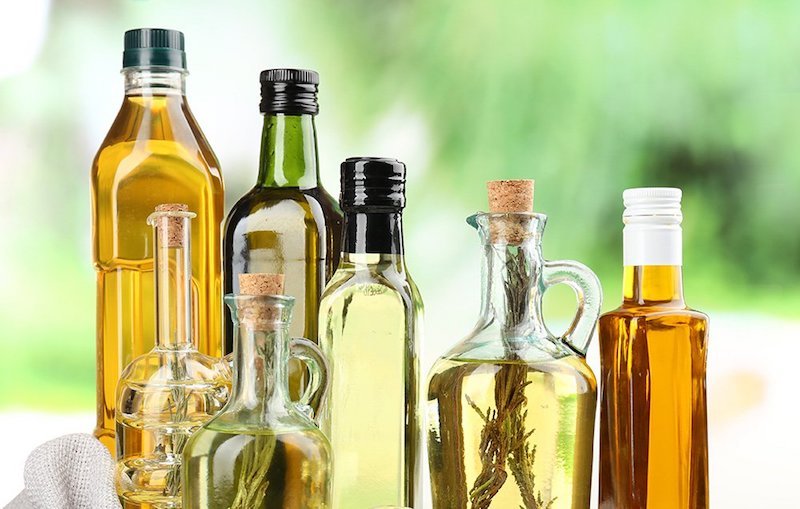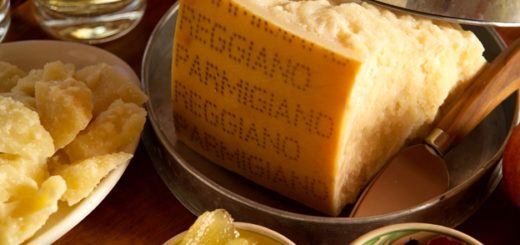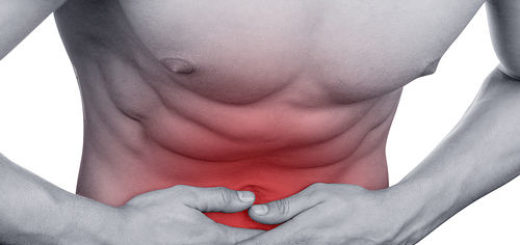Cooking Oil and it’s types

Types of cooking oils
Oil is an essential part of our household cooking process, be it sauteing, cooking, deep frying or just simply salad dressings. Given the wide variety of options available in the supermarkets for cooking oils, it is imperative to know which is the cooking oil that is best suited to our cooking style keeping in mind health and taste. This article will help you in deciding which cooking oil is best suited for your style of cooking.
Are Oils bad for health?
Answer depends on the type of oil, you intake. Oil is a type of fat or fatty acids which are essential macro-nutrients for the human body and are extracted from the natural sources like seeds, plants or even milk. Oil helps absorption of fat-soluble vitamins like Vitamin A, D, E and K in our body i.e. good news for our eyes, brain, blood cells, bones and muscles. Essential fatty acids like omega-3s and omega-6s have a role in anti-inflammatory processes such as regulating the DNA’s production of inflammatory cytokines in the body (excellent pain-reliever and immune-booster). However, like any macro-nutrient (Carbs, protein or fats/lipids), excess of oil or fat in our body can cause abnormalities and disbalance in our nutrition. Certain Saturated fats like the long-chain fats (trans fats) increase risks of blood clots, cancer, buildup of plaque in the arteries, contributing to atherosclerosis, or hardening of the arteries leading to heart disease and stroke.
What are the types of Oils based on their fat content?
There are three types of fats:
- Saturated fatty acids (Eg: Ghee, Butter, Coconut Oil, Palm Oil etc)
- Mono unsaturated fatty acids (MUFAs) (Eg: Olive Oil, Peanut Oil, Canola Oil, fish oil)
- Poly unsaturated fatty acids (PUFAs). (Eg: Extra Virgin Olive Oil, Sesame Oil, Grapeseed oil, Soyabeam oil, fish oil)
Knowing the fat content is not enough, the nutritional value of the oil is also important and that depends on how the oil is extracted from the source (seed, plants, nuts, etc).
What are the types of Oils based on their extraction techniques?
There are mainly 2 methods of Oil extraction prevalent today:
- Refining Method: This is a chemical method of extraction of oil wherein the nuts or seeds are first heated and mechanically pressed leading to oil secretion/extraction which is subsequently treated with a solvent (usually hexane) to eliminate the foul smell of PUFAs. However, because of the heat, the healthy MUFAs and PUFAs loose their nutritional values and anti-oxidants. Plus, the use of chemicals, makes them a risk to our health. Certain refining techniques like hydrogenation or hydrogenated oils are bad for health as they are filled with harmful trans fats. (Eg: Processed butter, margarine and some hydrogenated refined oils).
- Cold Pressing (CP): It is an organic method of extracting oil naturally by compacting seeds and plants between two plates at low room temperature. The result is that the chemical composition of the oil remains intact along with the nutritional value. It can be tricky to cook with cold pressed oil at high heat, since it loses its nutritional value, flavor and aroma at high temperatures. CP oils should be used as far as possible in your cooking.
Cooking oil effects your cholesterol levels too. Read here on tips to Maintain Good Cholesterol




